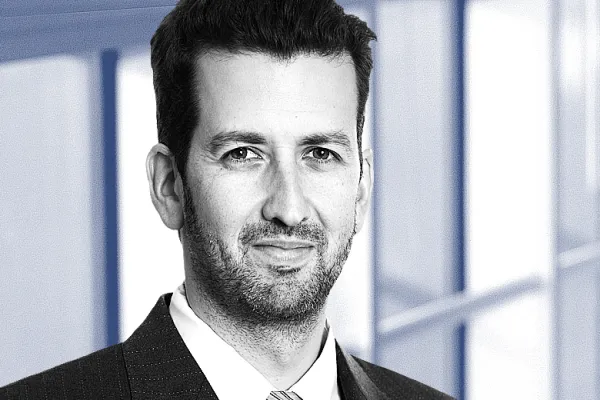While Saudi Arabia has led the world in oil production, the kingdom has trailed its Gulf neighbors in terms of harnessing that wealth to curb its dependence on hydrocarbons. Decades ago Kuwait, Qatar and the United Arab Emirates plowed their fortunes into sovereign wealth funds — diversified investment vehicles that offer a line of defense against plunging crude oil prices. In a high-stakes game of catch-up, Saudi Prince Mohammed bin Salman announced in March a plan to transform an obscure state holding company into the world’s biggest sovereign wealth fund.
With $83.68 billion at the end of 2014, Saudi Arabia’s Public Investment Fund, which recently flexed its muscles with a $3.5 billion investment in Uber Technologies, has a long way to go before it takes the crown. The fund ranks No. 15 by assets in our 2016 ranking of the world’s largest sovereign wealth funds, as calculated by Institutional Investor’s Sovereign Wealth Center.
It’s been a challenging year for both oil producers and global investors. The combined assets of the top 25 funds fell to $5.16 trillion from $5.21 trillion in our previous ranking. To put that in perspective, the combined loss of sovereign wealth is nearly equal to No. 21 on our list: the $54.89 billion Alaska Permanent Fund Corp. Nearly two thirds of these assets originally came from oil and gas revenues, and oil exporters the world over have started to lean on their rainy-day funds to plug growing budgetary holes. As sovereign funds have braced for withdrawals, asset managers are bracing for redemptions. “You hear a lot of rumors in the industry,” says Judith Posnikoff, a managing director at hedge fund of funds firm Pacific Alternative Asset Management. “Every so often you see somebody’s AUM drop, even a billion in a month, and people guess that’s a sovereign fund pulling its allocation.”
Last year Norway announced it would withdraw $570 million from the $855.3 billion Government Pension Fund Global, the world’s largest sovereign fund, in 2016, and the head of the central bank, which manages the fund, has said withdrawals could top $9 billion this year. Kazakhstan’s central bank plans to drain $28.8 billion from that country’s $65.75 billion National Fund to finance the government’s deficit over the next three years. In February Fitch Ratings forecast that the Abu Dhabi Investment Authority, the world’s fourth-largest fund, would divert more than $20 billion this year to the emirate’s budget.
Even those funds unthreatened by outflows had a tough time growing their assets in today’s marketplace. Singapore’s $180 billion Temasek Holdings dropped 7.15 percent, its first loss in seven years. Likewise, the international portfolio of the China Investment Corp. now stands at $250 billion, down $7.6 billion since last year.
Forced selling by oil-based funds became a common hypothesis to explain the volatility that roiled world markets last winter. But these notoriously press-shy investors may have been scapegoats, warns Elliot Hentov, London-based head of policy and research for State Street Global Advisors’ official institutions group. “They didn’t wait until the last minute and yell ‘sell’ over the phone to their brokers,” says Hentov. “That’s not how it works, which is what was implied with the accusation that they caused the volatility.”
Despite whipsawing stock markets and pressure at home, overall confidence remains surprisingly high in the sovereign community, according to a June survey by Invesco. “Post the financial crisis, a lot of the funds did a great deal of work on governance, risk management and so forth,” says Alexander Millar, the London-based asset management firm’s head of EMEA sovereigns and Middle East and Africa institutional sales. “This year tough times arrived, but they were more or less ready for it.”
Follow Jess Delaney on Twitter at @jdelaney_NYC.
Get more on sovereign wealth funds.






